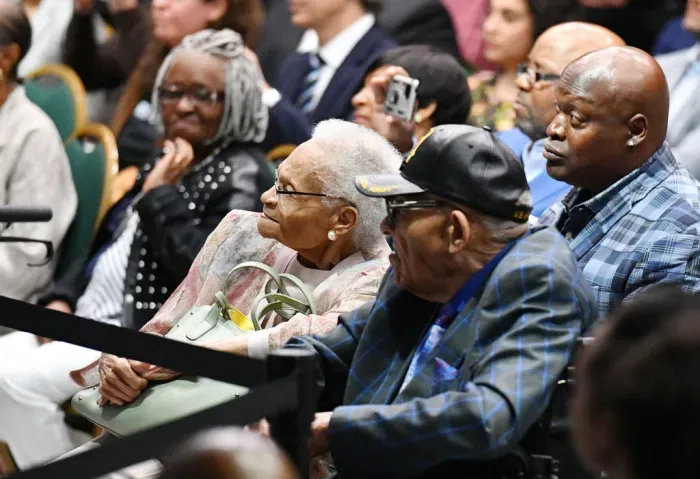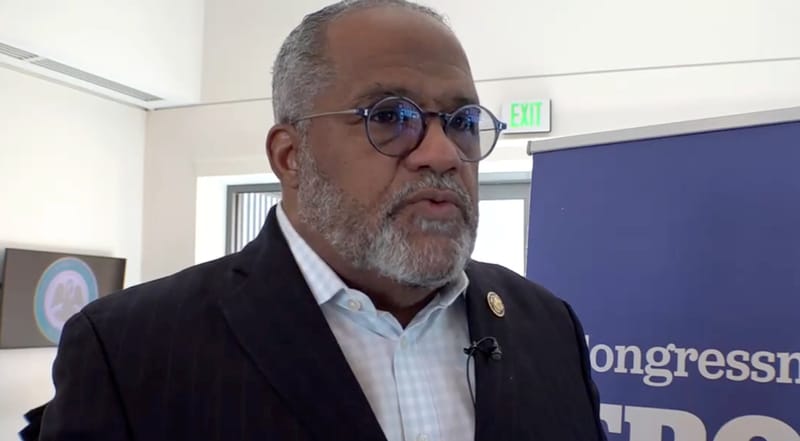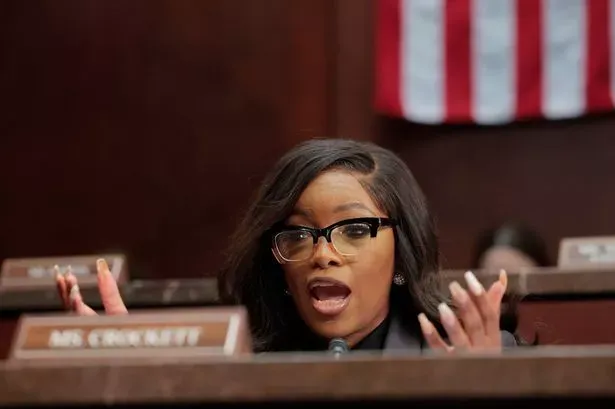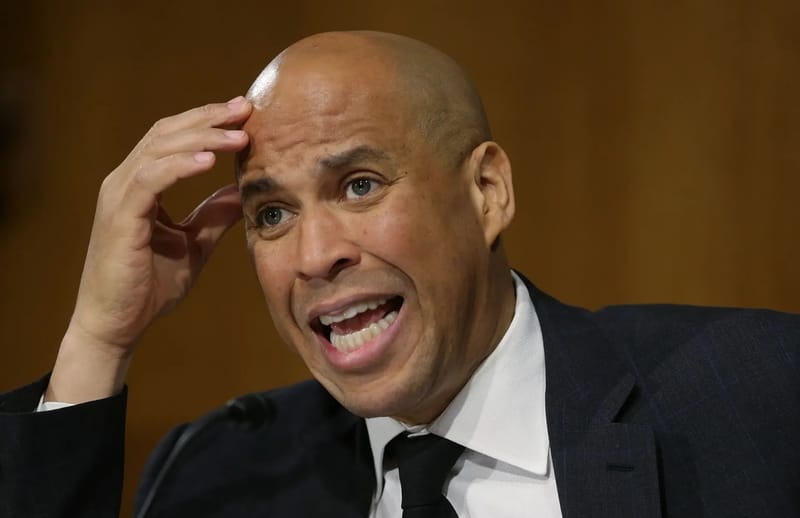Oklahoma Supreme Court Dismisses Reparations Case by Tulsa Race Massacre Survivors

Oklahoma's highest court has dismissed a lawsuit seeking reparations for the 1921 Tulsa race massacre, a decision that has sparked outrage among those advocating for justice for one of the most horrific events in American history.
On Wednesday, the Oklahoma Supreme Court upheld a lower court's controversial decision, stating that the state's public nuisance law could not be applied to address the lingering effects of this tragic event. Critics argue that this ruling perpetuates the injustice and suffering that has plagued the Black community for over a century.
On May 31, 1921, a white mob destroyed Tulsa's Greenwood neighborhood, a prosperous Black community known as "Black Wall Street." It is estimated that up to 300 Black residents were killed in the massacre.
The plaintiffs, 109-year-old Lessie Benningfield Randle and 110-year-old Viola Fletcher, argued that the city of Tulsa and others created a public nuisance through the massacre, resulting in ongoing racial disparities, economic inequalities, and trauma. They were joined by a third survivor, Hughes Van Ellis, who passed away while the case was pending.
The survivors contended that the effects of the massacre are still felt today and demanded that the city and others compensate victims, replace buildings, and return land to the Black community.
Justice Dustin Rowe, an appointee of Republican Governor Kevin Stitt, wrote that while the grievances of the plaintiffs are legitimate, they do not fall within the scope of the state's public nuisance statute, which is limited to issues involving criminal or property-based conflicts.
"The continuing blight alleged within the Greenwood community born out of the massacre implicates generational-societal inequities that can only be resolved by policymakers—not the courts," Rowe stated. This narrow interpretation of the law has been criticized as a failure to address the deep-rooted injustices that have long plagued the Black community. Seven other justices joined Rowe's opinion, with Justice James Edmondson partially dissenting.
The plaintiffs' legal team announced plans to request the court to reconsider its decision, emphasizing that "the court system is the very place where such harms are meant to be remedied." They also urged the U.S. Department of Justice to launch an investigation into the massacre.
At the time of the massacre, Greenwood was home to over 10,000 Black residents. Racial segregation was strict, and the Ku Klux Klan had a significant presence in Oklahoma. The violence was sparked by a white woman's claim that a Black man had grabbed her arm in an elevator. The man was arrested, and a local newspaper reported he had tried to assault the woman. White residents surrounded the courthouse, demanding the man's release. A confrontation ensued when a white man attempted to disarm a Black World War I veteran, leading to the destruction of 35 blocks of Greenwood.
In 2021, U.S. President Joe Biden marked the 100th anniversary of the Tulsa race massacre, highlighting the enduring impact of this historical atrocity on the Black community. The Oklahoma Supreme Court's ruling is seen by many as a setback in the fight for justice and reparations for the survivors and their descendants.






